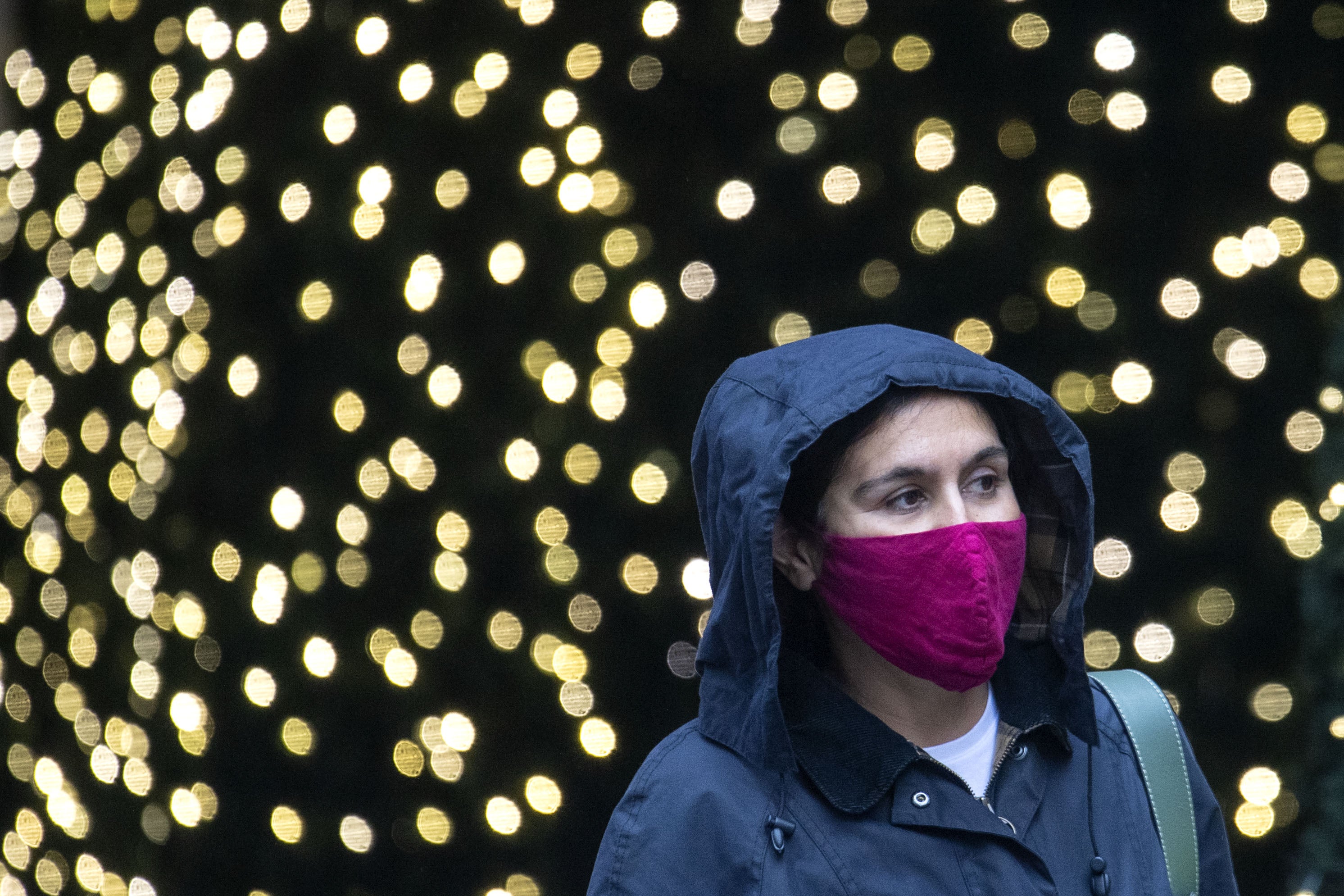
New research has found face masks – particularly the surgical kind – make people appear more attractive.
The study presented female participants with 40 male faces of “low to high attractiveness” in various states: Partially covered by a cloth mask, a surgical mask, a book and not covered at all.
The 43 female participants were asked to rate the attractiveness of the man in each state on a scale from one to 10.
The results showed that faces were considered the most attractive when covered by a medical mask. The participants also considered the faces they observed to be more attractive when wearing a cloth mask compared to not wearing one at all.
The current research shows the pandemic has changed our psychology in how we perceive the wearers of masks. When we see someone wearing a mask we no longer think ‘that person has a disease, I need to stay away'.
The researchers from the School of Psychology at Cardiff University conducted the study in February 2021 – seven months after face masks became mandatory in the UK. It was recently published in the peer-reviewed journal Cognitive Research: Principles and Implications.
The study’s co-author Dr Michael Lewis said the research was undertaken to see if the pandemic had changed people’s feelings and attitudes towards face masks. A similar study conducted in Japan in 2016 found masks reduced a person’s attractiveness.
Dr Lewis told Cardiff University: “The results run counter to the pre-pandemic research where it was thought masks made people think about disease and the person should be avoided.

“The current research shows the pandemic has changed our psychology in how we perceive the wearers of masks. When we see someone wearing a mask we no longer think ‘that person has a disease, I need to stay away’.
“This relates to evolutionary psychology and why we select the partners we do. Disease and evidence of disease can play a big role in mate selection – previously any cues to disease would be a big turn off. Now we can observe a shift in our psychology such that face masks are no longer acting as a contamination cue.”
Dr Lewis added that the increased attractiveness of a person – in the study’s case, men – when wearing a surgical mask could be attributed to the association we make between healthcare workers and blue masks.
“At a time when we feel vulnerable, we may find the wearing of medical masks reassuring and so feel more positive towards the wearer,” he said.
The university said further work is being conducted with female and male participants to help determine if the results are the same for both genders.







